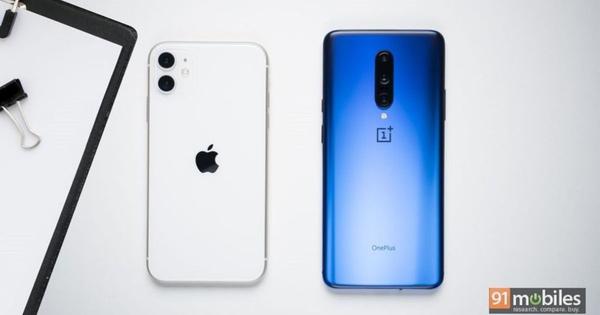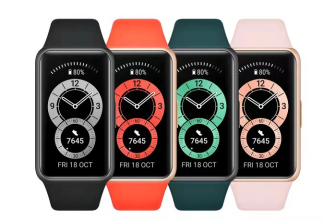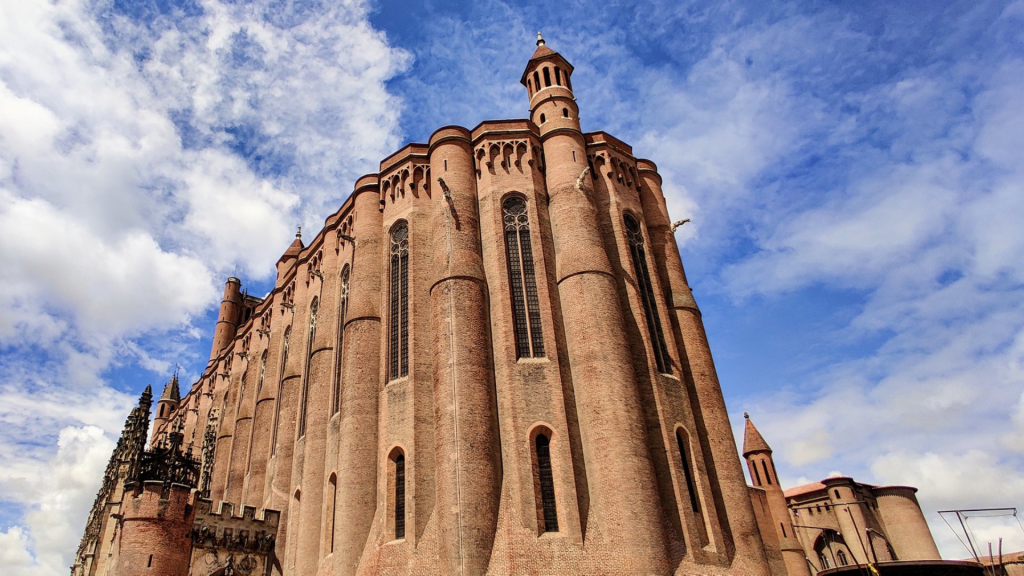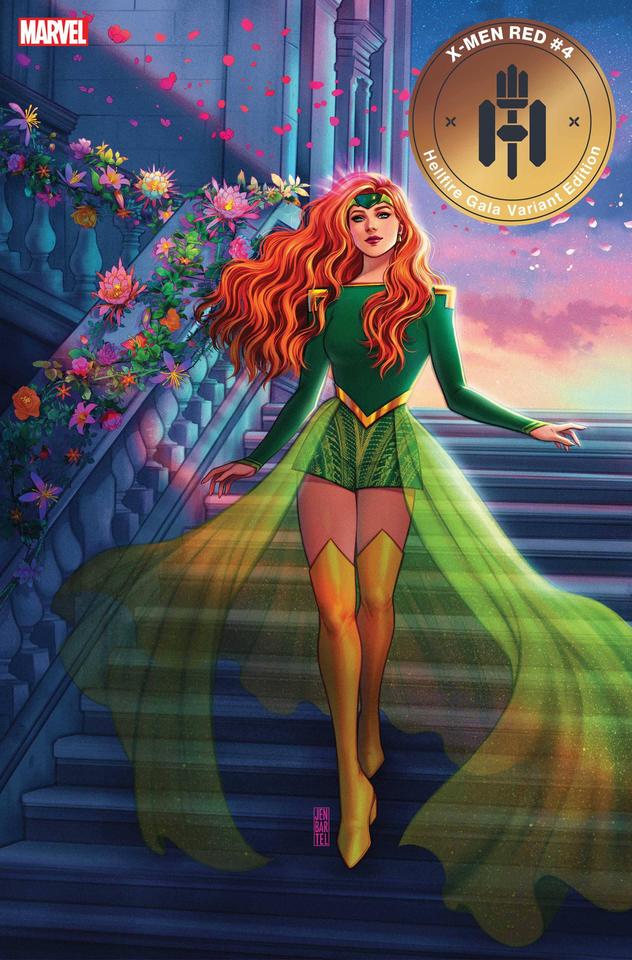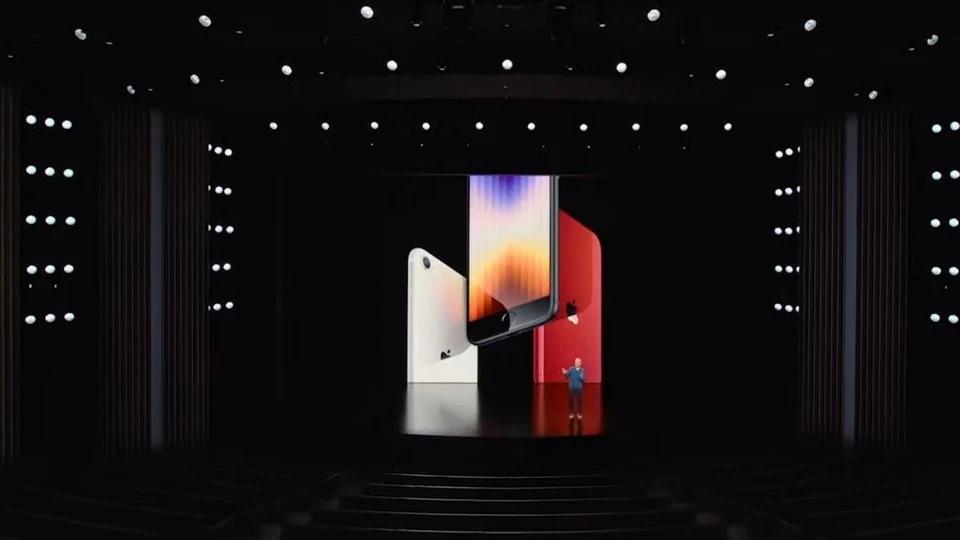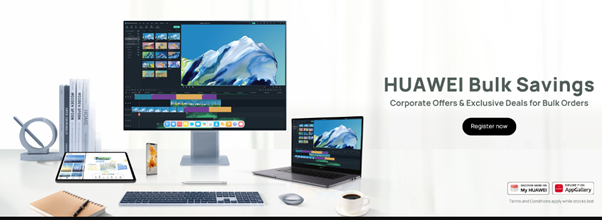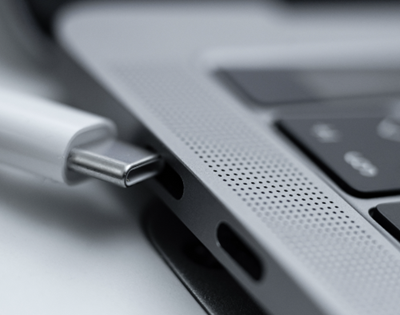Why I’m skipping the iPhone 13 and keeping my iPhone 12 Pro
Apple just took the wraps off of the new iPhone 13 series, which promise the fastest iPhone performance yet, up to two and a half hours more battery life, new cinematic video options and a twice-as-smooth display on the Pro models. But as someone who just plunked down a bunch of cash on last year’s iPhone 12 Pro, those upgrades aren’t enough for me to make the switch just yet. And, even for those coming from an especially old phone, last year’s model just became an even better value.
Here’s why I’m skipping the iPhone 13, and why the iPhone 12 series is still well worth the money a year later.
A smoother 120 Hz screen
Don’t get me wrong — the iPhone 13 isn’t without some exciting new upgrades, especially when you take a look at the more premium iPhone 13 Pro and Pro Max. I’m especially intrigued by the new Super Retina XDR with ProMotion display, which has a refresh rate of up to 120 Hz. That’s a lot of fancy word vomit to explain that the iPhone 13 Pro’s screen can move twice as smoothly as that of recent iPhones with 60 Hz displays. In everyday use, we’ve found 120 Hz displays to be an immediately noticeable upgrade — scrolling through webpages and photos feels faster and more fluid, and games and movies can look smoother and more akin to what you’d see on a TV.
It’s a feature that competing Android phones have had for a long time, and one that we’ve really enjoyed using on devices like the Galaxy S21. But while I’m slowly becoming a high-refresh-rate convert (especially after testing out some 300 Hz gaming laptops), gaining an extra-smooth iPhone screen feels more like a nice-to-have bonus rather than something that solves a real problem with my iPhone 12 Pro.
The promise of better battery life and performance
The entire iPhone 13 range is promising better battery life, which Apple says is made possible in part thanks to the phone’s efficient new A15 Bionic processor. These phones will allegedly last up to two and a half hours longer than their counterparts in the iPhone 12 series, which is compelling — if my current iPhone wasn’t still holding up just fine.
My iPhone 12 Pro’s battery is still holding strong after a year of use, giving me more than enough juice to get through an entire day after charging overnight. It’s rare that I get a low battery warning. All versions of the iPhone 12 also lasted pretty long in our more formal battery tests, with the standard iPhone 12 and the iPhone 12 Pro both enduring for more than 12 hours of continuous 4K video playback.
The same goes for the iPhone 13’s general performance. Apple calls the A15 Bionic chip “the fastest chip in a smartphone,” and if our benchmark tests of previous Apple phones are any indication, that very well might prove to be true. But I’ve yet to run into anything my iPhone 12 Pro’s A14 Bionic processor can’t handle after a year of heavy use, whether I’m furiously flipping between Slack chats, running demanding Apple Arcade games or watching videos in picture-in-picture mode while browsing the web.
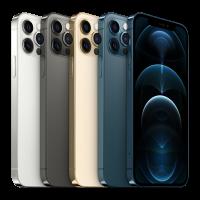
A compelling camera upgrade
Thanks to some larger sensors, improved aperture and zoom, and the aforementioned A15 processor, the iPhone 13 Pro is set up to be the best iPhone yet for taking pictures. Without listing every single piece of tech jargon packed into these cameras, Apple’s latest premium smartphone is built to excel in low light, let you zoom more without sacrificing detail and allow you to create your own photo presets (think filters) with Photographic Styles. The iPhone 13’s Cinematic mode lets you record video and then adjust the depth and focus afterward, allowing you to create dramatic moments like you’d see in movies and shows. And on the iPhone 13 Pro, you can even record in ProRes, an advanced video codec typically used for commercials and films. Even on the more basic iPhone 13 and 13 Mini, you should still expect better overall detail and low-light performance.
That’s all compelling, but not enough to get me to ditch my iPhone 12 Pro’s still excellent cameras. On top of letting me post an abundance of highly detailed food and pet pictures on Instagram, the iPhone 12 Pro’s triple-camera setup is still so impressive that I use it as my main camera for shooting high-quality photos for my product reviews. And when I’m out on evening walks, the 12 Pro’s Night mode still does a startlingly good job of making low-light photos look like they were taken during the day.
The colors are nice, but not much is new
I was delighted to get my iPhone 12 Pro in Pacific Blue, which was a refreshing change from the Space Gray iPhones I had been buying for years. And if I were going by aesthetics alone, there isn’t much in this year’s lineup that grabs me. The iPhone 13 Pro colors are mostly a riff on last year’s options (a lighter “Sierra Blue” replaces Pacific Blue this time), and that’s mostly the case with the cheaper iPhone 13 and iPhone 13 Mini as well. In fact, the only color I would really make the switch for is purple, which is currently exclusive to the iPhone 12 and iPhone 12 Mini. And while there are some design changes this time around, including a smaller notch on the display, you’d be forgiven for confusing the two models at a quick glance.
Aside from being a compelling but not essential upgrade for me, the iPhone 13 also fails to address some of my biggest problems with my current iPhone 12 Pro. I’ve written previously about my problems with the iPhone 12’s lack of Touch ID in an era of face masks, and I’m disappointed that the feature still hasn’t returned for the 13 series.
But what’s becoming even more frustrating is the fact that the iPhone 13 still hasn’t embraced USB-C: the now ubiquitous charging standard that’s used with just about everything aside from Apple phones at this point. I’d love to be able to declutter my desk a bit by charging my Mac and iPhone with the same cable, and USB-C connectivity would open the iPhone up to a whole range of USB-C accessories that could help extend its utility. Considering Apple just launched a new iPad Mini with both Touch ID and USB-C, I’m getting increasingly impatient for an iPhone that brings the two together.
It’s not just a great time to hold on to your iPhone 12 — it’s also a better time than ever to buy one new if you’re due for an upgrade or switching from Android. The arrival of the iPhone 13 series has knocked the iPhone 12 Mini down to a starting price of just $599, with the standard iPhone 12 now starting at $699. That’s a $100 discount over their launch prices, and practically makes the iPhone 12 Mini — which offers flagship-level performance and great cameras — a budget phone.
One thing to note — Apple is phasing out the iPhone 12 Pro and Pro Max in favor of the new Pro options, but as of this writing you can still find the more premium iPhone 12 models at a variety of carriers, retailers and resellers. If you decide to go with a refurbished iPhone through Decluttr, you can save 15% on your purchase using our exclusive code “CNN15” through midnight on Sept. 19.
The iPhone 13 and iPhone 13 Pro have a lot going for them, including better processors and some especially major display and camera upgrades on the Pro options. We’ll have to test Apple’s latest phones ourselves to render a final verdict, but if you haven’t upgraded your iPhone in a few years (or simply need to have the latest and greatest) they’re shaping up to be a compelling buy on paper.
But as someone coming from last year’s iPhone 12 Pro, I’m more than content to use my current handset for at least the next few years. It still performs speedily, lasts the entire day on a charge and takes some truly superb photos, and will still get access to all of the big new iPhone features coming via iOS 15 this month. And now that the iPhone 12 starts at just $599, our pick for the best smartphone just became even easier to recommend for anyone who needs a great new phone and doesn’t care about being on the absolute cutting edge.

